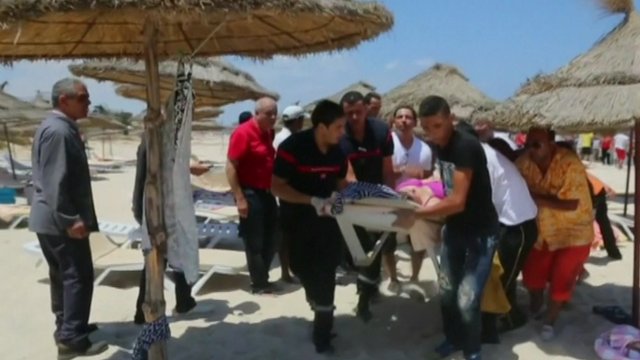That was a question I was asked in September - my first week of being a Year 3 teacher. What a good idea, I thought. We could learn about air resistance in science. We could look at making our own in DT using dowel, tissue and string. We could do some poetry exploring the movements of a kite using similes and metaphors.
If I was teaching in Early Years, I would have found it easier to fly a kite. In our reception classes, the child is at the centre of their own learning journeys. Every now and then, they will come into my class with something random, like a toy dinosaur that will only eat pencil sharpenings because it doesn't eat other dinosaurs. Their teacher then will lead them on to talking about how different animals have different diets - some carnivores, some herbivores.
If I was teaching in Key Stage 1, I wouldn't have found it quite as easy to fly a kite, but I would have got away with it. By then, the freedom of EYFS is replaced by a more formal system of teacher-led learning. The great explorers and dinosaur nurturers of Reception class fade into an academic system that may not suit their learning style. But then there is free flow Thursday, when they can explore learning for themselves.
In Key Stage 2, however, it all changes. I am the bad teacher that tells them that schooling will be different from now on - each half term they will be subject to tests, and the rest of the time is spent preparing for them and analysing the results. Seven years old. Just seven.
Another question I was asked in that first week was, "Where are all the toys?" (The blue-bot family in the corner didn't quite make the grade.) The truth is, there is little time for child-centred learning, or 'free-flow Thursday' in my classroom. I try to make my lessons engaging and interesting. I want the children to enjoy school. But the demands of the curriculum are so great that there is no time in the school day to deviate from it. Every single minute is planned with what the children are told to learn. There is no room for them to explore it for themselves.
For that reason, I was cautiously welcoming of the possibility of being an academy when the pre-budget bombshell was announced. Giving schools the power to shape their curriculum based on the needs of the learner is surely what many teachers are crying out for - less accountability, more trust placed in the professional.
Of course, there are issues with the proposal, but when I compare it to our current 'state' system, I think there is a lot to gain as a teacher. The current system has been stripped to the bare bones, meaning schools are in local council control but receive next to no support from them. The expert advisors are gone, The access to training is gone. I don't even get a payslip, and when I email asking why, I never receive a reply.
As a parent however, I think quite differently. As a parent, my child could have a much poorer education if they have special education needs. As a parent, my child could be forced to get a bus to a school many miles away if the local village school closed as it cost too much to run. As a parent, my local schools may teach religious views that I'm deeply uncomfortable with.
Let's face it, the current state system, that has been around for more than a century, is no longer fit for purpose. As soon as academies started springing up, the old system was doomed to failure. We can't have a two-tier education system. No school should be an academy, or all schools should be. That should be the choice.
This week, it has been refreshing to see the unions emerge and engage with current issues in education. Schools are well and truly under the political spotlight and the unions need to take this opportunity. There have been three calls for strike action.
Firstly, teachers have called for strike action on workload. There is so much that we do - data gathering, providing of evidence, marking - that is not done for the children but for the sake of being accountable. It has to stop. It gets in the way of planning and delivering effective lessons.
Secondly, teachers have called for strike action on tests in Year 6 and Year 2. I don't teach in either of those year groups, but if we look at Finland's education system (and let's face it, the Department of Education seem to use this as a stick to beat us with), they don't have tests but have the best performing education system in Europe. So if we want to be like them, then scrap tests!
Thirdly, teachers have called for strike action on academies. Personally, I think that changing to academies is potentially more disastrous for parents than it is for teachers. If teachers strike, then some people see it as another thing that teachers are moaning about. But what if parents decided to withdraw their children from school on a certain day in oppostion to this policy? That has the potential to send shockwaves right through Westminster!
Either way, I'm hoping that one day I may be able to take my class to fly a kite.






















